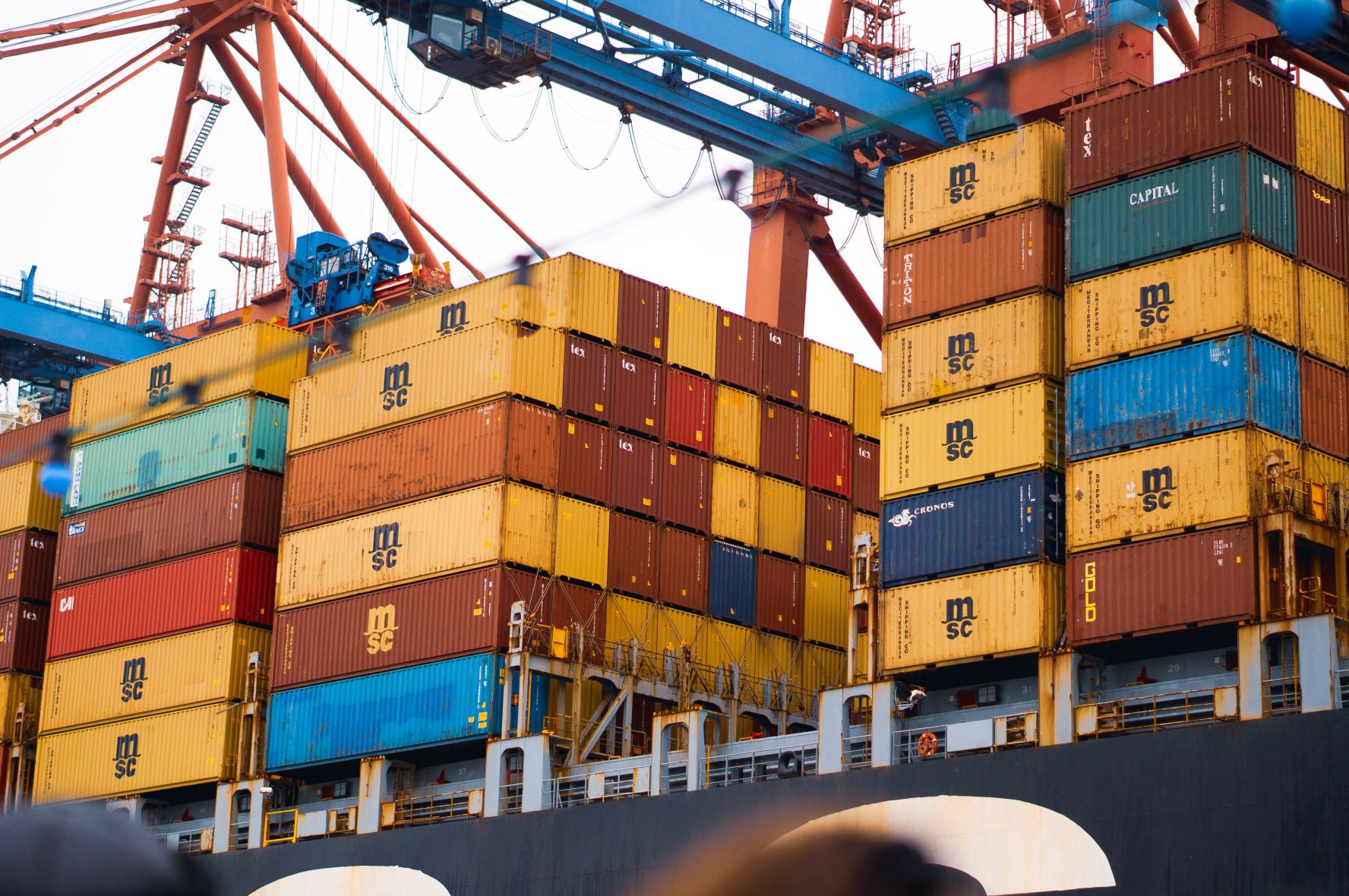Continued robust growth in passenger travel in contrast to weakness in cargo markets
Kuala Lumpur, Malaysia – Preliminary November 2022 traffic figures released today by the Association of Asia Pacific Airlines (AAPA) showed robust growth in international passenger markets, buoyed by ongoing strong revival in both leisure and business travel demand as a result of the progressive lifting of travel restrictions in the region.
A combined total of 13.4 million international passengers were carried by the region’s airlines in November, 7.6 times more than the 1.8 million recorded in the same month last year. In revenue passenger kilometres (RPK) terms, demand jumped 499.2% year-on-year, significantly outpacing the 187.1% expansion in available seat capacity. This led to a 40.3 percentage point jump in the average international passenger load factor to 77.4% for the month, close to levels achieved in pre-pandemic 2019.
By contrast, the air cargo business segment faced further weakness in demand conditions. Amid still elevated cost pressures, declining new export orders precipitated a steep 19.2% year-on-year decline in international air cargo demand, as measured in freight tonne kilometres (FTK) in November. Offered freight capacity fell by 7.6% year-on-year, leading to a 9.3 percentage point drop in the average international freight load factor to 63.9% for the month.
Commenting on the results, Mr. Subhas Menon, AAPA Director General said, “Asian carriers continued to enjoy robust recovery in international travel markets approaching the end of 2022, in tandem with the progressive removal of pandemic-driven border control measures. Overall, the first eleven months of the year saw a near six-fold jump in the combined number of international passengers carried to an aggregate total of 87.5 million. Nevertheless, in November, demand averaged only 43% of 2019 levels, indicating significant progress still required towards full recovery.”
“Meanwhile, international air cargo demand declined by 6.9% during the first eleven months of the year, affected by the continued downturn in the global manufacturing sector as a result of inflationary pressures and depressed business confidence levels.”
Looking ahead, Mr. Menon said, “Despite a clouded macroeconomic outlook, the strong need for connectivity and desire to travel will drive further recovery in the region’s international travel markets over the year ahead. Notably, the recent reopening of China’s borders with quarantine-free travel after nearly three years of strict virus containment policies will markedly improve demand prospects, given China’s significant trade and tourism links with the region’s economies and beyond.”
Mr. Menon added, “Unfortunately, the re-imposition of travel restrictions by some governments for inbound travellers from China may hamper the smooth resumption of air travel patterns, and result in confusion for many travellers. Coherent, harmonised travel measures in line with established ICAO guidelines, and close co-operation between governments and aviation stakeholders, are vital in ensuring a smooth and seamless travel experience.”
Copyright : Association of Asia Pacific Airlines

